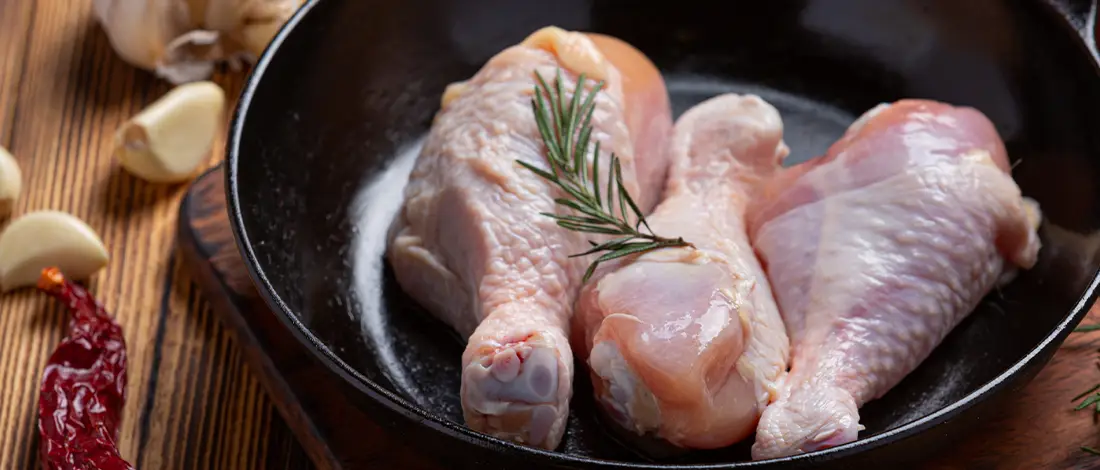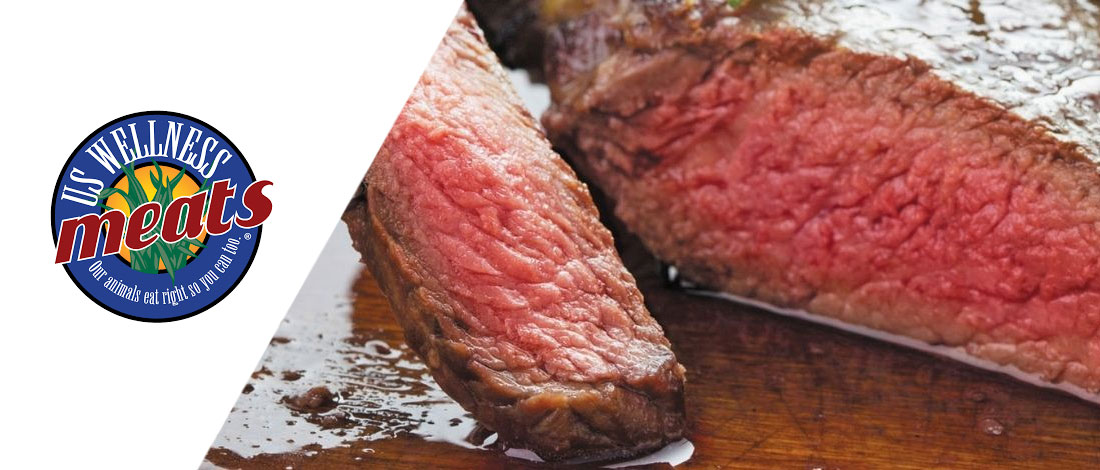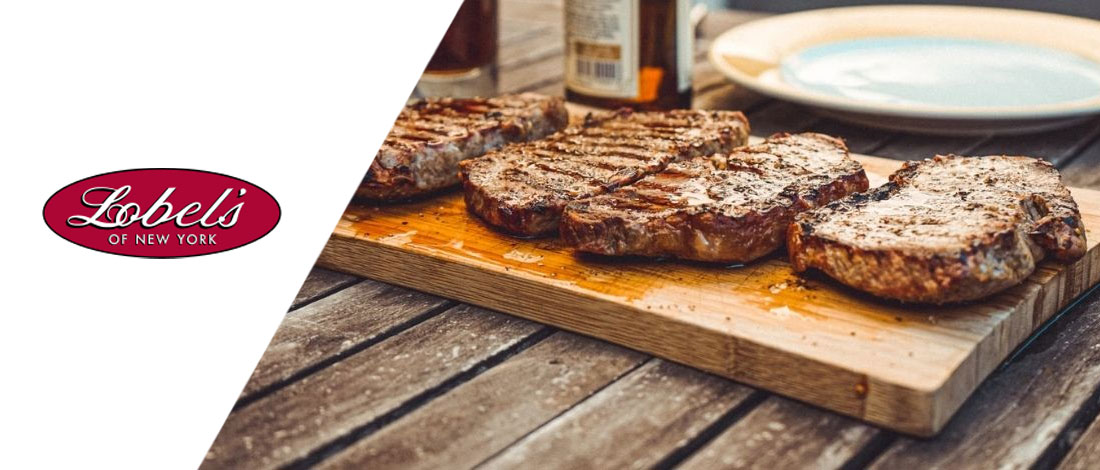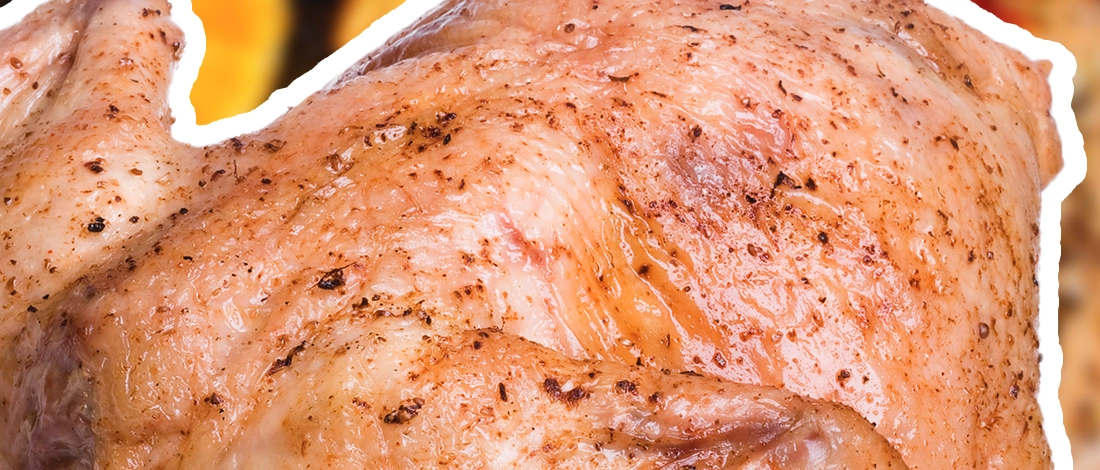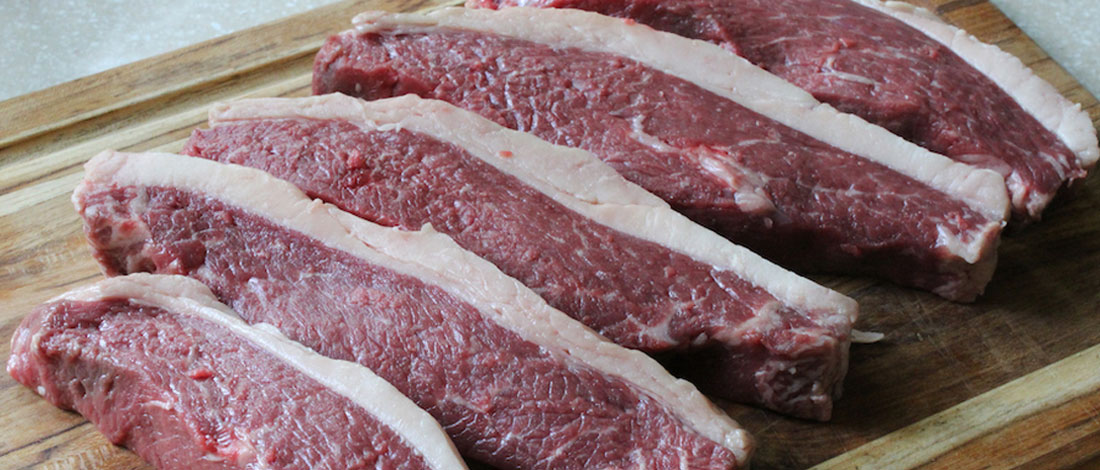Mutton tallow, has a rich history deeply intertwined with culinary traditions across the world.
This versatile substance, often overshadowed by its more common counterparts, like butter and vegetable oils, holds remarkable benefits for both culinary and practical applications.
Carnivore Style's team has gone through extensive research spanning many hours, and leveraging our experience in the industry, to explore the advantages of mutton tallow.
We also consulted with nutritionists and culinary experts to bring you a comprehensive review of this fat.
In this article, we will explain what mutton mallow is and shed light on the remarkable benefits it brings to the table.
Quick Summary
- Mutton tallow is a versatile rendered fat from sheep used in cooking and skincare.
- It contains essential nutrients like Vitamin D, Vitamin E, and selenium.
- According to a 1998 article on Science Direct, mutton tallow yields approximately 0.2 MMT of rendered fat annually from an estimated 450 million sheep and lambs, with a fatty acid profile similar to beef tallow and a high proportion of trans fatty acids (∼10%) [1].
- Benefits include supporting fat loss, skin health, keto diets, high smoke point for cooking, and long storage life.
What is Mutton Tallow?

Mutton tallow is a rendered fat derived from the adipose tissue of sheep. It is a natural product with various applications, primarily in cooking and skincare.
This source of tallow is not as common as beef but is seen more frequently than tallow from pork or poultry.
In culinary use, mutton tallow is an animal fat that serves as a versatile cooking fat due to its high smoke point and rich flavor.
It can be used for frying, sautéing, and as a base for gravies and sauces. Additionally, it adds a distinctive taste to dishes.
Rendering is simply the process of melting fat by the use of heat. In the case of mutton tallow, they do this at a low temperature over an extended time until the fat has liquefied and can be strained from the bone or meat.
"Beauty is that little something that fills the whole world and is contained neither in a single straight nose, a long eyelash, nor a blue mountain. Some see it in a leg of mutton, others in a compound fracture... “
- William Morris Hunt, Painter
The tallow can be taken from any part of the sheep that contains fat, but it is most frequently removed from around internal organs such as the kidneys.
Nutrition Information
Mutton tallow has 115 calories per tablespoon or 256 calories per ounce [2]. These calories are entirely fat-based - there are no carbohydrates or protein calories in mutton tallow at all.
Some specific nutrients are outlined below:
1. Cholesterol
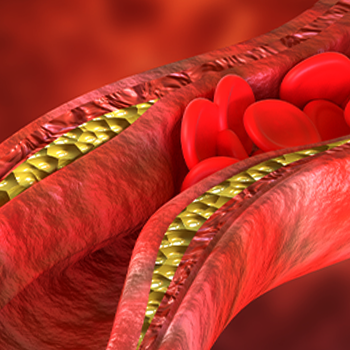
Although the calories in tallow come from fat, there are only 13 mg of cholesterol in a tablespoon of mutton tallow.
Thus, although 1 tbsp of tallow would provide 16% of your recommended daily allowance (RDA) of fat, it only gives you 4% of your RDA of cholesterol.
This is perfect for those who do not need additional dietary cholesterol.
2. Vitamin D
Vitamin D is a fat-soluble vitamin that is important for proper bone health.
Vitamin D can also help regulate the amount of calcium and phosphorous in your blood. This is significant because too much or too little can lead to health problems.
1 tbsp of mutton tallow contains about 4 IU of Vitamin D, which would provide 1% of your RDA.
3. Vitamin E
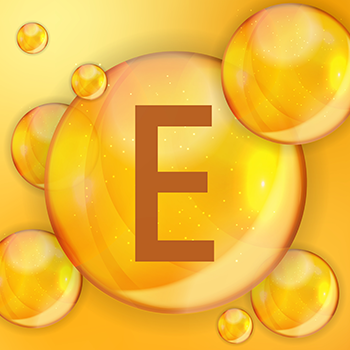
Vitamin E is also fat-soluble and is essential for various bodily functions like protecting your cell membranes from oxidation.
You need vitamin E for your vision, skin, hair, and reproductive system.
It also has anti-inflammatory properties, which may support your heart and immune systems. A 1 tbsp of tallow provides 1 IU of Vitamin E or 2% of RDA.
4. Selenium
According to a 2023 study in the National Library of Medicine, mutton tallow contains small amounts of the trace element selenium. This helps reduce oxidative stress and DNA damage [3].
It is helpful for cognitive and reproductive functioning, and many believe that it can prevent certain cancers from forming.
Benefits of Mutton Tallow

Mutton tallow is one of the essential oils that has been used for many years in various ways. Here are just a few:
1. Fat Loss
Tallow contains conjugated linoleic acid. This substance has proponents that say it curbs appetite and aids in body recomposition.
This, as a result, improves lean muscle tone while supporting metabolism [4].
2. Skin Health
Tallow promotes good human skin health, as it contains palmitoleic acid, stearic acid, and oleic acid. These essential fatty acids are the building blocks that keep skin moisturized and protected.
“I am a mutton lover. I have mutton once a week.”
- Mimi Chakraborty, Actress
Internal fat consumption supports the skin, and external tallow application can:
- Reduce dryness
- Improve skin tone
- Help support the skin as a protective barrier
3. Keto-Friendly
Mutton tallow comes from an all-animal source and so fits well with those who are on a carnivore or ketogenic diet.
It may lead to weight loss, reduced oxidative stress, and less inflammation.
4. High Smoke Point
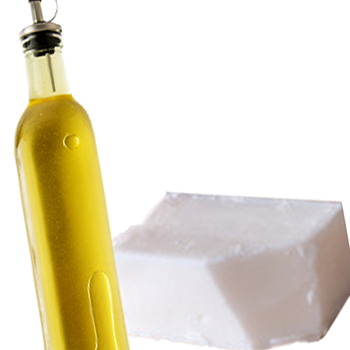
If you're looking for an alternative to cooking oil, then mutton tallow might be just what you need.
Tallow has a high smoking point. The smoking point makes tallow ideal for frying or sauteing foods without burning them up too quickly.
Plus, its ability to withstand a wide temperature range makes it perfect for cooking.
You can use it in place of butter or olive oil when cooking at high temperatures. This makes it perfect for frying chicken or potatoes.
5. Storage
Tallow is made up of triglycerides and is a solid at room temperature.
It is very stable, and if stored in an airtight container (to avoid oxidation), you can keep it unrefrigerated for a year.
Related Articles:
FAQs
Is Mutton Tallow a Healthy Cooking Fat?
Mutton tallow is not considered a healthy cooking fat. However, it can be part of a balanced diet when consumed in moderation. Like other animal fats, it contains both saturated fats and unsaturated fats.
Where Can I Find Mutton Tallow?
You can find mutton tallows in specialty butcher shops or online retailers that specialize in meat products. Some individuals also render their own tallow at home using suet from sheep.
Is Mutton Tallow the Same as Lamb Tallow?
Mutton tallow is not the same as lamb tallow. Mutton tallow is derived from mature sheep, while lamb tallow comes from young sheep, specifically lambs. The age of the animal can affect the flavor and composition of the tallow.
Can Mutton Tallow Be Used as a Substitute for Other Fats in Recipes?
Mutton tallow can often be used as a substitute for other cooking fats like beef tallow, lard, or butter. However, it has a distinct flavor, so its use may alter the taste of your dishes. It is best suited for recipes where its rich, savory flavor complements the ingredients.
At Carnivore Style, we aim to help you choose the best fats for your diet. We believe in the power of traditional fats like mutton tallow to support your health. Explore our other guides for simple, practical tips on using healthy ingredients to enhance your meals every day.
References:
- https://www.sciencedirect.com/topics/agricultural-and-biological-sciences/tallow
- https://nutritiondata.self.com/facts/fats-and-oils/581/2
- https://www.ncbi.nlm.nih.gov/pmc/articles/PMC3570792/
- https://www.webmd.com/vitamins-and-supplements/conjugated-linoleic-acid-cla


